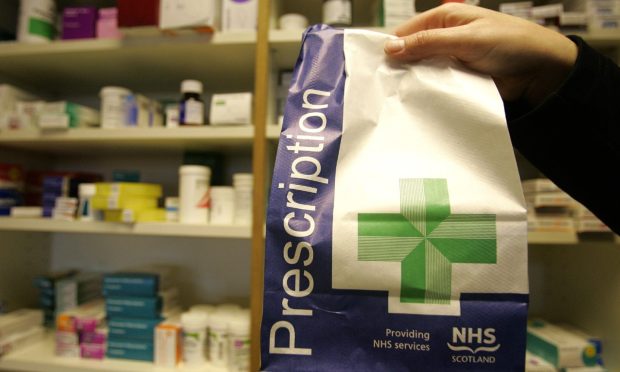For some, January is a month of health. But with flu season raging on and worries about catching the dreaded lurgy at a high – many of us are turning to Google for answers.
But what are the top 5 health-related questions we’ve been searching for this year?
We reveal what most people are Googling – and get answers and advice from doctors…
1. How long does Covid last?
We wouldn’t be surprised if this was the top health question for the previous two years too – and Dr Brian Fisher, clinical director at wellness app Evergreen Life, has the answer.
“In most cases, Covid infections usually last around one to two weeks, depending on the severity,” he says.
“For cases on the higher end of this severity, you’re looking at around a month or longer for recovery.”
There are also cases of long Covid – where symptoms lasts longer than 12 weeks – with the ONS estimating this affects between 3% and 12% of people with Covid.
“In that case, it’s very difficult to say how long the symptoms can last, even after all tests give you the all clear,” Dr Fisher explains.
“These symptoms can range from constant fatigue and nausea to damage to your heart and lungs, so if you feel like your Covid is lasting, see your doctor as soon as you can.”
2. Is tonsillitis contagious?
To answer this question, Dr Jay Verma, a GP and co-founder of Data Care Solutions, explains what the condition is: “Tonsillitis is an inflammation of the tonsils, which are found at the back of the throat.
“It can be caused by a viral infection or a bacterial infection, such as a Group A Streptococcal infection.
“Tonsillitis itself is not contagious: what is contagious is the organism which caused the inflammation.
“The effects, such as a sore throat or pain when swallowing, are symptoms,” Dr Verma explains. Others include a high temperature, coughing, headache and fatigue.
If your symptoms are severe and do not go away after four days, Dr Verma advises calling your GP.
“It is important if you have symptoms, that you avoid contact with others until you feel better,” he adds.
3. How many calories should I eat a day?
This one doesn’t have a clear-cut answer, says Dr Kathryn Basford, ASDA Online Doctor.
“The suggested daily calorie intake differs from person to person based on several factors,” she explains.
“Your age, lifestyle, height and weight are all factors to consider, and sometimes medications and health conditions can cause you to burn energy more or less quickly.
“However, in general, the recommended number of calories to consume for women is set at 2000, while 2500 are suggested for men.
“There are calculators available online to help you figure out your ideal calorie intake, or if you’re not sure your GP will be able to advise,” she advises.
Plus, the kind of calories you consume matters, Dr Basford explains. So try to avoid ’empty calories’ such as soft drinks, pastries and sweets, which often have high levels of saturated fats, and won’t keep you feeling full for long.”
4. How long does flu last?
“It usually only takes around a week or so for flu to pass, with some symptoms lingering for another week or two in particularly harsh cases,” says Dr Fisher.
“While most people won’t feel any long-lasting effects of the virus, if your symptoms aren’t improving or getting worse, it’s important to contact your doctor.
“Remember it is not unusual for coughs to continue for some weeks.”
To alleviate symptoms Dr Fisher recommends: “Resting, taking medicines to reduce temperature and staying hydrated. Staying warm can also help, as viruses thrive in colder temperatures.
“Brothy soups can help as well. They’re easy on your throat, full of nutrients, warming and hydrating.
“Bad coughs with flu, can be eased by taking a teaspoon of honey or drinking tea with honey. However, don’t give this to children under 12 months old.”
5. What is Strep A?
It’s unsurprising this question made the top five, as Strep A has been in the news, with a higher number of cases than seen in a typical year, at the end of 2022.
“Group A streptococcus is a bacteria that can cause a number of mild infections, most commonly sore throat and skin infections like impetigo,” explains Dr Basford.
“It can also cause scarlet fever, which gives a sore throat, high temperature, and distinctive sandpaper-like skin rash.
“Rarely it can lead to more severe infections, called invasive group A strep, where the infection can get into the blood or the lungs.”
It’s “highly contagious and can spread quickly”, she says.
“Contact your local GP if you or your child are feeling unwell and worried about Strep A.
“Look out for signs your child is getting worse, like a high temperature that doesn’t go down, or not drinking or going to the toilet as much as usual.
“If you or your child experiences difficulty breathing, or become unresponsive or floppy, seek urgent medical care.”
*Google data gathered between January 1-9.
















Conversation